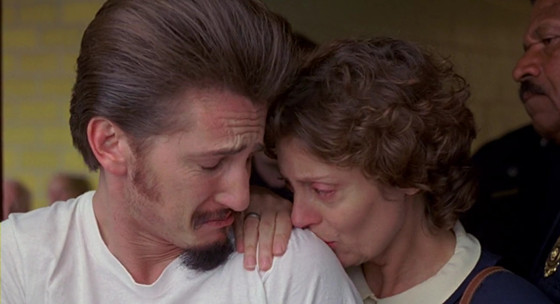
People are strange. Since children we are taught that murder is wrong. But when done for the right cause it is justified. What is the capital punishment in its core? In its simplest form, capital punishment is defined as one person taking the life of another. So it is murder. Some filmmakers call it the most irreparable crime governments perpetrate. This is why art is so important, it can amuse you but it also can make you aware of things that usually go under the radar.
While the biggest percentage of the people is for capital punishment, most filmmakers, actors, screenwriters and producers are against such a punishment and they show it in numerous ways.
They have shown it since the beginning of film and even though it is rare nowadays that we see films about such an important issue there are still people who try to express their point of view through film. And we thank them for that because it is much needed. This list attacks the capital punishment from many different angles, in many different ways and forms.
10. The Life Of David Gale (2003)
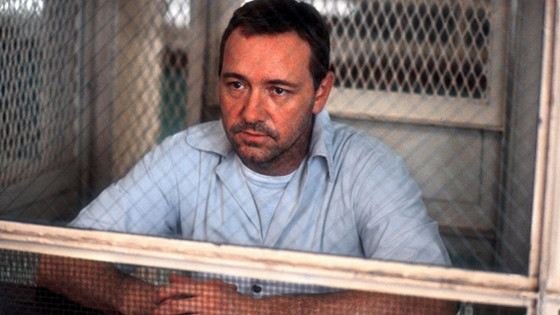
When this movie first dropped it caused for a lot of outrage because of its abnormal angle on the death penalty, and maybe rightfully so. Kevin Spacey plays a well-known professor who is accused of murder and sentenced to death until he asks Bitsey (Kate Winslet) to visit him so he can give her his last words on the murder case he’s being punished for.
We learn that Gale is actually member of DeathWatch a group of people campaigning against capital punishment, along with his long time friend Constance (Laura Linney) who is also the woman who he is accused of murdering.
The Life Of David Gale is very controversial, but we are not going to bother analyzing the bad reviews, instead we want to acknowledge the idea and the questions that are being made behind it, which are: Who takes the responsibility in case the accused is not guilty and still gets the lethal injection? How can we ever be so sure? Is an eye for an eye the right thing to do? This movie may lack a lot, but it brings a different point of view and should be included.
9. True Crime (1999)
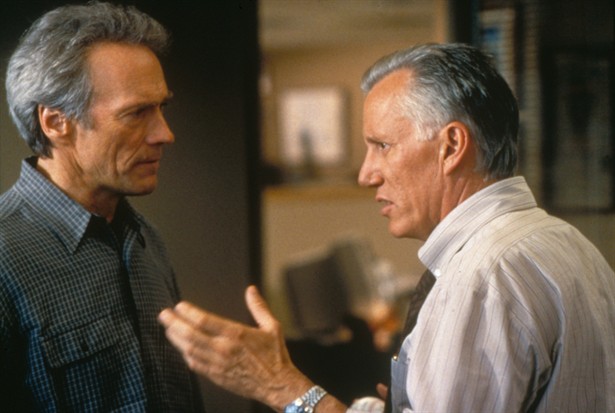
True Crime puts on stage a captivating and moral drama about a middle-aged recovered alcoholic reporter for the Oakland Tribune named Steve Everett (Clint Eastwood). A guy that never played by the rules, and, not surprisingly his life and career is a mess. After one of his colleagues dies in a car accident, Everett is ordered to finish the story she was working on.
It is a human interest piece about Frank Beachum (Isaiah Washington), a black man who is scheduled that very night to be executed by lethal injection. Frank is being accused for the murder of a pregnant convenience store clerk a few years ago. When they meet, Everett’s with his nonconformist, hugger-mugger point of view begins to think that Beachum is innocent and this is how a beat-the-clock thriller with an edge of moral gravity begins.
The movie generates a pleasurable amount of suspense, but that is only part of the appeal. Eastwood (who also directs the movie) with his deliberate and calm attention to detail gives us a lot of material throughout the movie to study and in a way judge for ourselves. The measured pace of his storytelling suits the topic perfectly and that is why this is one of the best movies about death row.
8. Return To Paradise (1998)
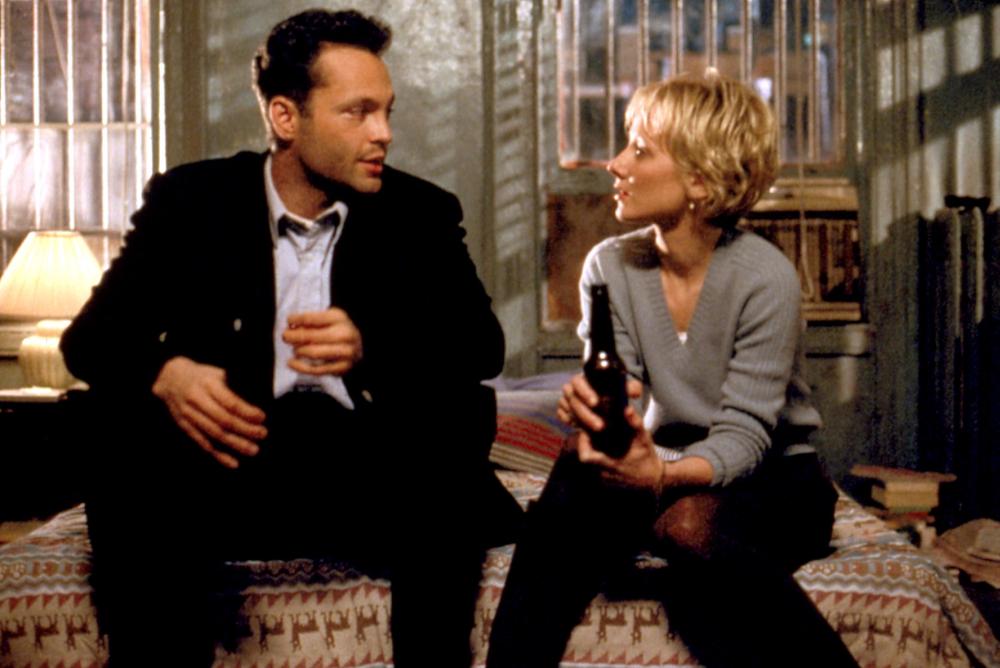
Return To Paradise is not just a movie about capital punishment, but also a movie that ponders a moral question. In this Joseph Ruben directed film we have the story of 3 friends who have the time of their life in Malaysia, shortly after two of them go back home, Lewis (Joaquin Phoenix) is imprisoned for drug possession, which they all used, and has been rotting in the worst prison cell imaginable ever since. He is has been sentenced to hang, unless his friends return to accept their share of the punishment.
Lewis will be executed in 8 days unless at least one of his friends comes back to face 3 years in jail. The movie’s moral issues may seem outdated, question is: Would you do it? Another one of those films they don’t seem to do anymore. Thankfully there are still directors like Ruben who remind us. Great performances by Phoenix and Vince Vaughn.
7. Dead Man Walking (1995)
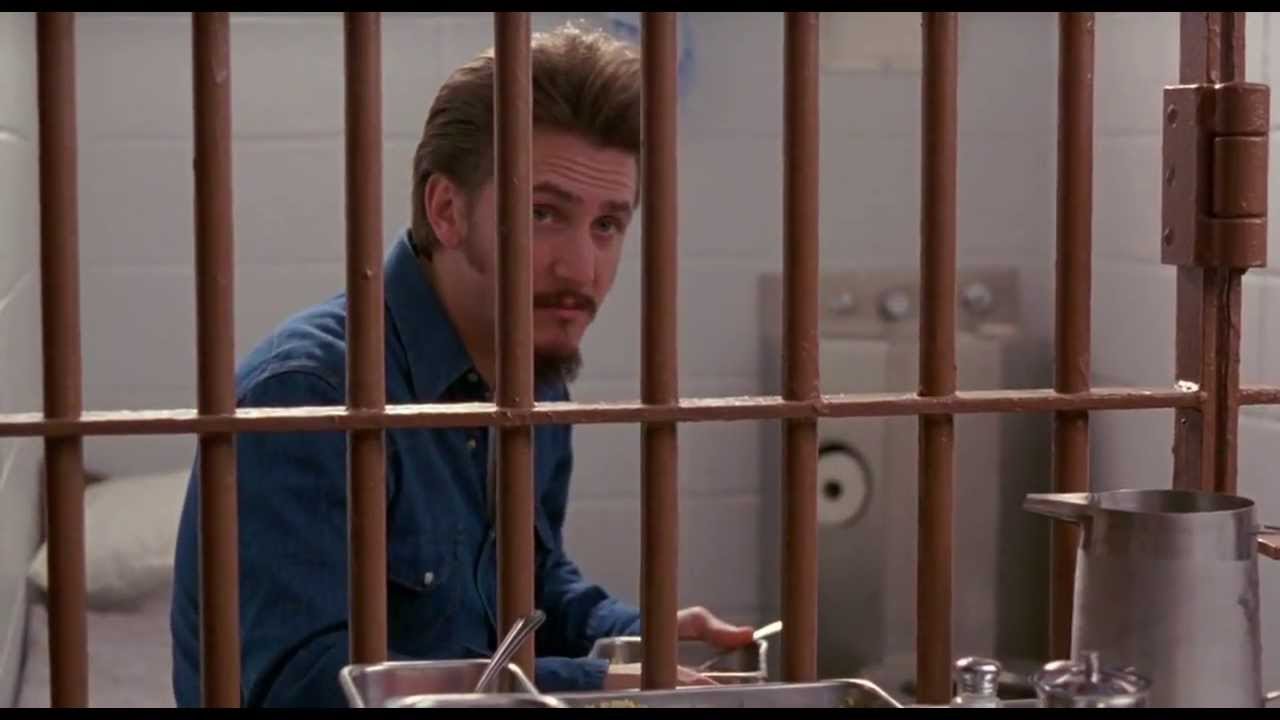
They don’t make dramas like this anymore, odd but true. The writer/director Tim Robbins asks many questions, the most important one is: Will the world be a better place once the condemned convict is put to death? Do we as a society have the right to kill anyone, even the cruelest killer? One is not born a killer, and Matthew Poncelet (Sean Penn) is the perfect example for that. He has been in prison for 6 years, awaiting capital punishment for killing a teenage couple accompanied with his friend.
Poncelet asks Sister Helen (Susan Sarandon), whom he has corresponded, to help him with his final appeal. Sister Helen tries to have his sentence commute to lifetime in prison, but she doesn’t believe he is innocent, even though Matthew says so. Dead Man walking doesn’t make it easy for you to decide what to think or how to react. The audience has to work just as hard to grasp the issue that this shattering movie raises.
6. Let Him Have It (1991)
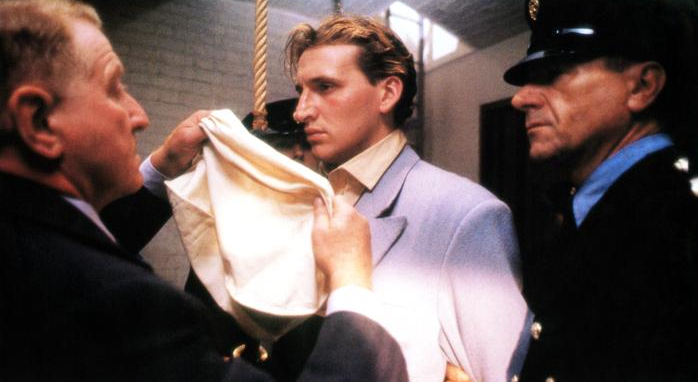
Based on true events, Let Him Have It is a look at an old crime in England. The infamous 1952 Craig-Bentley murder case in which justice was shattered and a public debate in capital punishment occurred. Dark and gripping, the Peter Medak’s movie begins in 1941, in the streets of London, where a young boy is dug out if a rubble where he suffers severe head injuries.
Then it flashes fast forward 7 years, when Derek Bentley (Chris Eccleston) is diagnosed as an epileptic and slow-witted but is on trial for a murder he didn’t commit.
During a very depressing trial that lasts only two days the jury decides that Derek is guilty and gives him the death penalty. His parents appeal, even taking their case to the Parliament, with the result that British judicial system itself is put on trial. Despite his family’s efforts to save him, Bentley is executed in 1953, within a month of being convicted, before the parliament could take any official action.